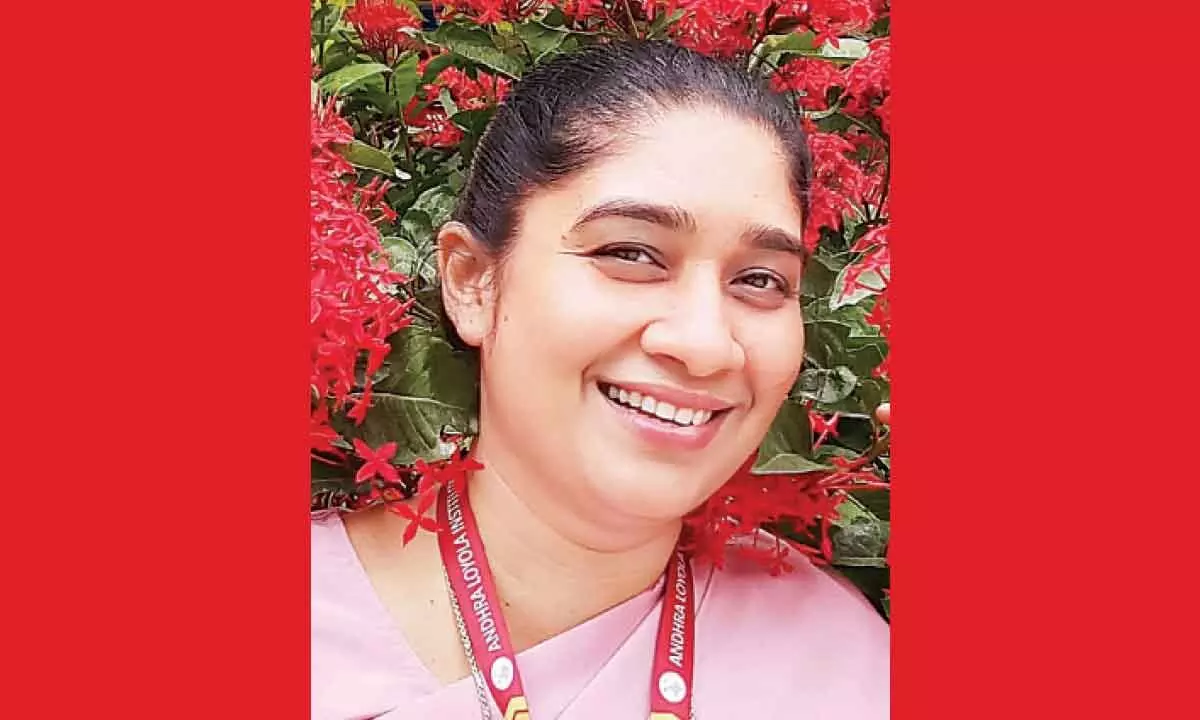Candy D’Cunha: Inspiring change through academia and environmental activism

Discover Candy D’Cunha, an Associate Professor and environmental activist, bridging the realms of academia and sustainability to champion eco-awareness and social change. With a background in literature and a deep passion for conservation, Candy inspires through education and advocacy for a greener future
Based in Mumbai, Maharashtra, Candy D’Cunha is an Associate Professor of English at Andhra Loyola Institute of Engineering and Technology (ALIET) in Vijayawada, Andhra Pradesh. She is also an author, poet, editor, and environmental activist, with 16 books to her credit. Currently, she is pursuing a D.Litt.
Candy, with your rich background spanning academia, literature, and environmental activism, how would you succinctly describe yourself? I would describe myself as an environmental activist and educator with a deep passion for environmental activism and a commitment to fostering research. My background spans academia, literature, and environmental activism.
She says, “As an Associate Professor of English at Andhra Loyola Institute of Engineering and Technology (ALIET), I also serve as the NAAC and Research Coordinator, reflecting a commitment to academic excellence. As an environmental activist, I promote eco-sustainability, raise awareness, and advocate for conservation through education and research.”
What skills are needed for your role? How did you acquire the skills?
As an environmental activist, I have honed essential skills such as communication, advocacy, research, collaboration, and adaptability. My academic background in Ecology and Literature, coupled with professional experience and personal development efforts, equips me to address complex environmental challenges effectively.
How does your work benefit society?
Through my roles as an educator and environmental activist, I hope to contribute to society in significant ways. I advocate for social justice by ensuring marginalized groups have equitable access to resources, leveraging student-led initiatives like NSS and extension activities. By inspiring academics to embrace green ideas and organizing eco-awareness events, workshops, and guest lectures, I foster a culture of environmental awareness and action. As a member of ASLE, I participate in collective efforts towards a greener society.
Tell us an example of a specific memorable work you did that is very close to you?
Engaging my students in an activity where they each brought their favourite plant and shared insights about it along with ecological quotations. This inspiring moment was immortalized in a book titled “Eco Quotes and Glimpses of the Activities Undertaken during Covid-19,” published by Authors Press, New Delhi, capturing the essence of our collective passion for social justice through nature and environmental stewardship.
Your advice to people based on your experience?
Based on my experience, I advise aspiring changemakers to educate themselves by staying informed, taking meaningful action in their daily lives, and advocating for policy change.
How would you define development in the context of rural India?
Rural development in India is a holistic process aiming to uplift rural communities through economic growth, social progress, environmental sustainability, and cultural preservation, empowering them for a better quality of life.
Is modern man a foe of Nature?
The relationship between modern humanity and nature is nuanced. While humans have historically relied on nature, our industrial and technological advancements have led to the exploitation and degradation of the environment.
And last but not least, your plans?
As an environmental activist and educator, I plan to expand efforts in promoting sustainability and social justice through innovative educational initiatives and community engagement.

